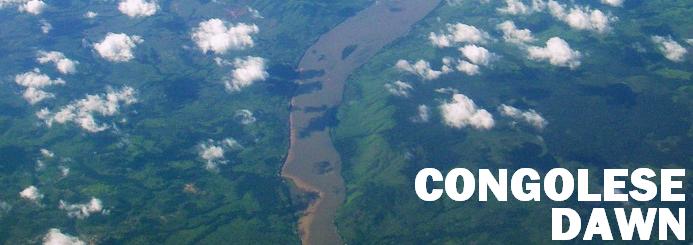 On Wednesday night, The Royal Commonwealth Society hosted an event entitled “Spotlight on Rwanda”, which brought together panellists including Joel Kibazo, formerly of the Commonwealth Secretariat, and Vincent Gasara, a Rwandan journalist, to debate issues around Rwanda and its central African neighbors, including whether its application to join the Commonwealth should be accepted.
On Wednesday night, The Royal Commonwealth Society hosted an event entitled “Spotlight on Rwanda”, which brought together panellists including Joel Kibazo, formerly of the Commonwealth Secretariat, and Vincent Gasara, a Rwandan journalist, to debate issues around Rwanda and its central African neighbors, including whether its application to join the Commonwealth should be accepted.However, the exchange which was most indicative of the split in perspectives on Rwanda took place between Alison des Forges, of Human Rights Watch, and Andrew Mitchell MP, the Conservative spokesman on International Development, after Mitchell had declared his pleasure that Rwandan President Paul Kagame and the DRC’s Joseph Kabila had managed to arrange the capture of Laurent Nkunda:
DES FORGES: This was not an agreement between two governments; it was a deal done between two men, without involving any of the apparatus of state.
MITCHELL: But what’s important is ‘does it work’?
DES FORGES: Is it? That’s an interesting statement. Is that really the standard by which governance is judged?
Patrick Smith, the editor of Africa Confidential, summed up this argument by pointing out that while Kagame has been widely praised for the economic growth Rwanda has displayed, he has also presided over diminishing political space. He described it as the ‘Singapore Model’, where stability and growth is prioritised over openness and civil society. While the short term benefits of this kind of stability are obvious, especially for a country with Rwanda’s history, the question remains as to whether it can ever move towards a truly open society. Des Forges, who is also an expert witness to the International Criminal Tribunal for Rwanda, is still banned from entering the country, and as Smith pointed out, while Rwanda will hold elections soon, no-one is seriously suggesting that anyone other than Kagame can win them.
The panel was united in saying that Kagame has done a remarkable job in building the economy, but the fear is that this sort of focus on short term stability merely pushes political dissidents underground, giving the appearance of a country which is united and growing its economy, while the shrinking political space creates a pressure cooker atmosphere. As governments across the world are currently finding out, whether they are working effectively for their people is ultimately of more concern than whether they are creating structures which allow elites to generate massive wealth.




